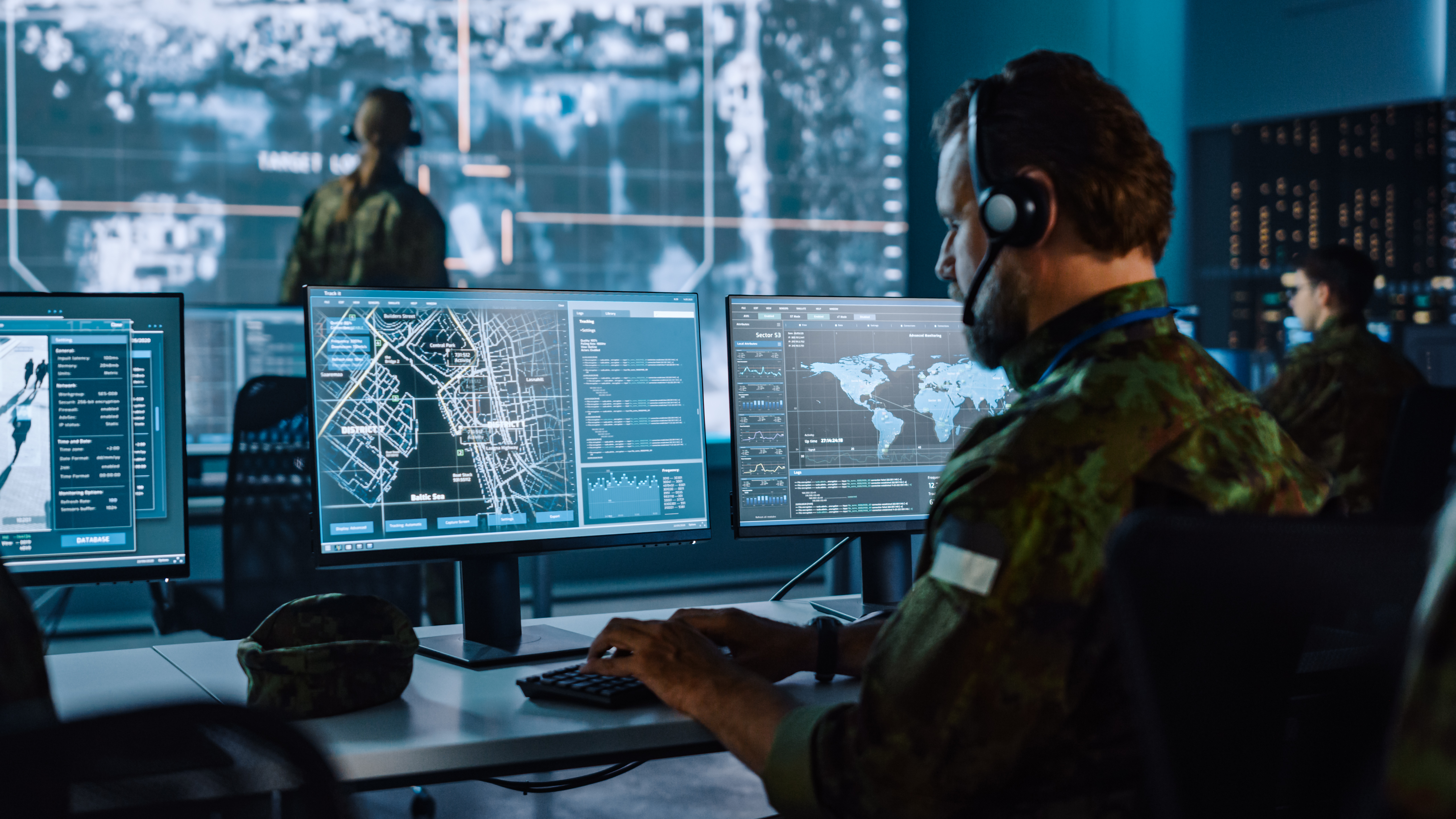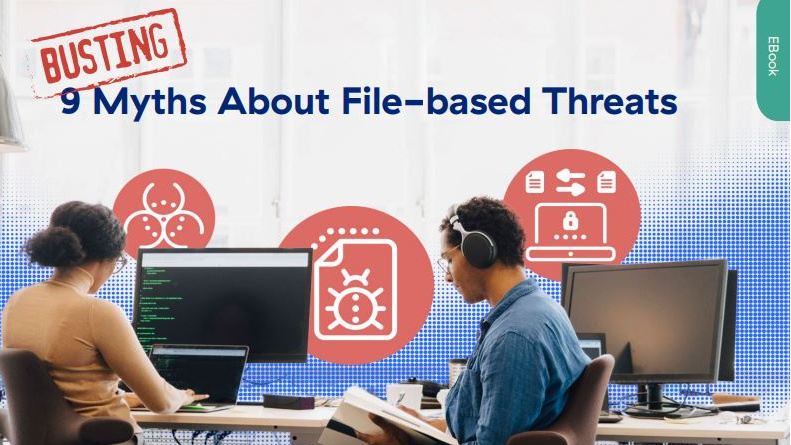UK tech firms invited to work on ‘secret’ government comms project
The unit has called on tech firms and academic researchers to provide vital assistance


A UK government body developing 'secret' technologies is looking to work more openly with academics and tech firms.
His Majesty’s Government Communications Centre (HMGCC), working with the Defence Science and Technology Laboratory (Dstl), said its new HMGCC Co-Creation initiative aims to draw on the expertise of UK-based tech companies to improve national security.
The scheme will foster closer cooperation between the department and the broader UK tech sector.
"We have hundreds of brilliant engineers and technicians here at HMGCC who, over the years, have come up with countless bespoke solutions to enable those striving to keep the country safe in our national security community," said HMGCC CEO George Williamson.
"That amazing work continues; and now we also want to ensure we are reaching out to work more closely with external industry and academia, creating a broader hub of engineering excellence."
HMGCC dates back to 1938, when it was set up to help maintain secure communications with overseas outposts in the event of war with Germany. There were concerns that the existing technique of sending encrypted Morse code messages over the international public telegraph network could be easily intercepted by a hostile country.
Instead, the team developed a private network that allowed encrypted messages to be sent over a short-wave radio, linking directly to and from overseas premises.
Get the ITPro daily newsletter
Sign up today and you will receive a free copy of our Future Focus 2025 report - the leading guidance on AI, cybersecurity and other IT challenges as per 700+ senior executives
Since then, HMGCC, based at Hanslope Park near Milton Keynes, has expanded significantly. Its work includes helping develop tools to allow agencies operating overseas in hostile, dangerous areas to communicate secretly, or creating technologies to support investigative techniques such as surveillance.
Previous partnerships have led to breakthroughs in keeping batteries charged in extremely cold environments, and in building secure telecoms solutions for UK government organizations in some of the most dangerous parts of the world.
"HMGCC Co-Creation is an incredibly important partnership and gives both HMGCC and Dstl a much wider reach to find and work hand-in-hand with the best minds in the industrial and academic community than was possible before to help tackle national security challenges," said Dstl chief executive Dr Paul Hollinshead.
RELATED RESOURCE

Distinguish the difference between fact and fiction when it comes to preventing file-based threats
DOWNLOAD NOW
With smartphone technology continuing to evolve, HMGCC said it is keen to engage with technical experts in companies or universities who can collaborate with them on different ways to gather IMSI identifiers from electronic SIM cards, for the purposes of looking after staff welfare when operating overseas.
Currently, techniques include removing the physical SIM card from the device and placing it into a reader that interrogates the card and displays its IMSI number.
However, with many phones now using embedded or integrated SIMs (eSIMs), HMGCC said it's looking for the ability to take an IMSI reading from these devices without taking collateral information.
HMGCC said it's open to working with individuals, industry, academic and research organizations of all types and sizes, and that there's no requirement for security clearances.
"Going forward, we are really excited about the opportunities that these new ways of working will offer us, helping us to build on our technical capabilities at a time when the pace of technological advancement is extraordinary," says Williamson.
Emma Woollacott is a freelance journalist writing for publications including the BBC, Private Eye, Forbes, Raconteur and specialist technology titles.
-
 Why keeping track of AI assistants can be a tricky business
Why keeping track of AI assistants can be a tricky businessColumn Making the most of AI assistants means understanding what they can do – and what the workforce wants from them
By Stephen Pritchard
-
 Nvidia braces for a $5.5 billion hit as tariffs reach the semiconductor industry
Nvidia braces for a $5.5 billion hit as tariffs reach the semiconductor industryNews The chipmaker says its H20 chips need a special license as its share price plummets
By Bobby Hellard
